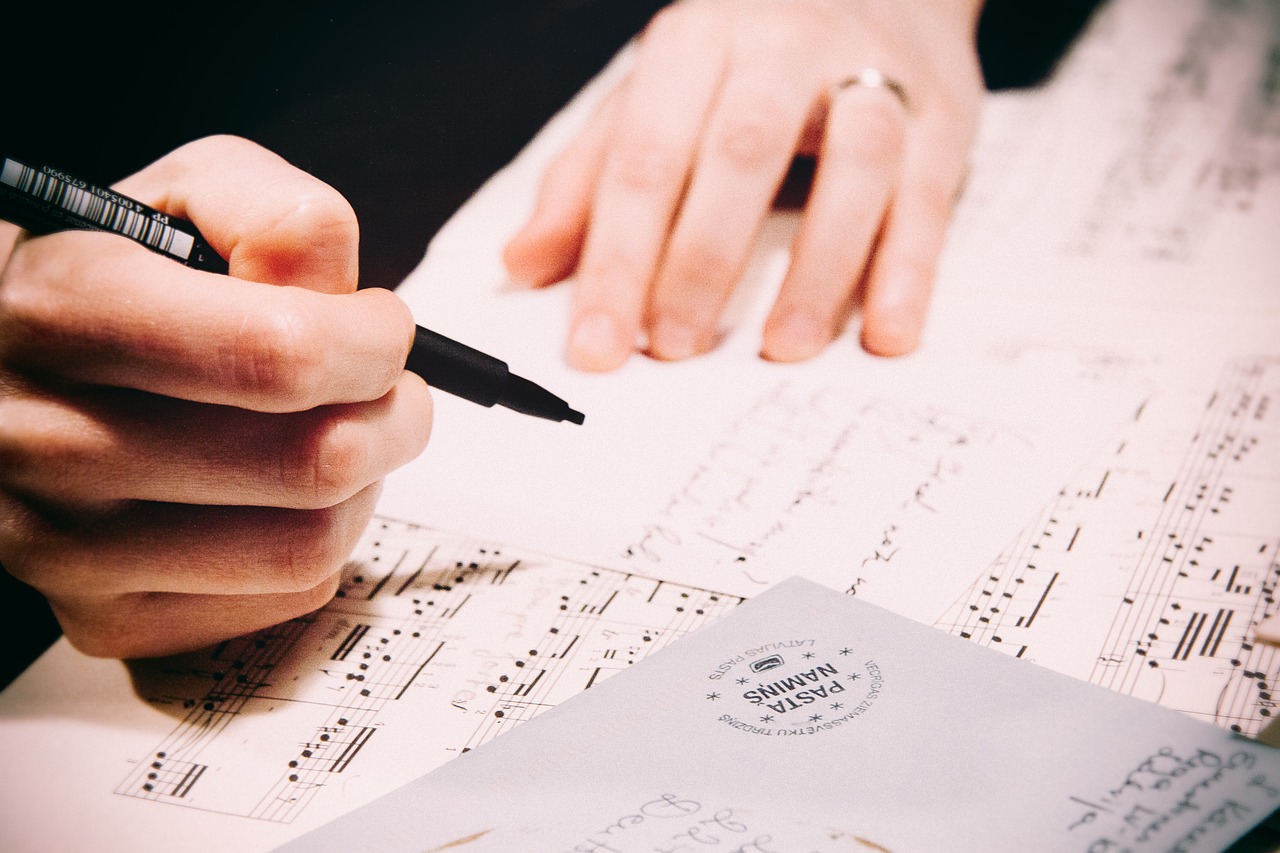In the last few weeks I have repeatedly been asked about the Grade 5 theory exam, so much so that it has inspired me to write this post. I am talking about the RCM (Royal Conservatory of Music) theory exam.
The Grade 5 theory exam is significant to pupils because, according to the RCM’s rules, once a grade 5 practical (instrumental exam) has been achieved and from there on, Theory 5 and above become a co-requisite.
Grade 5 theory is tricky for many, but it has so many benefits for those wanting to go beyond Grade 5 level that it really shouldn’t be ignored. Music theory is basically learning how to write music down or the ‘study of how music works’. It distils and analyzes the fundamental parameters or elements of music—rhythm, harmony (harmonic function), melody, structure, form, texture, etc.
The exam contains some valuable exercises and for those considering skipping this test here are a few reasons to make you think again:
1. In Grade 5 theory you will need to recognize all 18 keys and learn how to write them down. This will prove extremely valuable when taking higher exams (scales are based on these keys!) and for those going on to study A level music.
2. You will need to recognize intervals – a very important part of the exam – which will prove useful in sight reading development, especially sight singing, and will improve note reading in general. It will also help you grasp melodic movement quickly too.
3. Transposition is another beneficial exercise. That is, transposing music from one key to another. Woodwind and Brass instruments sometimes play in a different key to the rest of the orchestra and it’s useful to be able to ‘move’ or change their parts.
4. Chord recognition. I think this is possibly the most crucial Grade 5 test. Understanding basic chord structure or harmony and cadential points (musical endings) is vital in writing or analyzing music. Assimilation of this exercise will prepare pupils for higher exams like music A level or practical music exams (piano, violin etc).
5. Writing or composing short melodies is great practice for the would-be singer songwriter or those merely wanting to express themselves musically. It also makes students adhere to writing logically in musical patterns.
6. Grade 5 theory demands analysis of a short piece. This is an excellent exercise. Analyzing music will help you to grasp many musical elements swiftly. You need to know time signatures, rhythmic patterns, ornaments, as well as dynamic and articulation markings.
There are so many advantageous exercises in this important exam and it really isn’t too difficult when you apply yourself. Do get a good teacher – one who is able to patiently explain everything and do make sure you complete all available past papers – this is the key to passing in my opinion. Don’t skip it – what you learn whilst studying for Grade 5 theory is far more important than passing.
Good luck!

